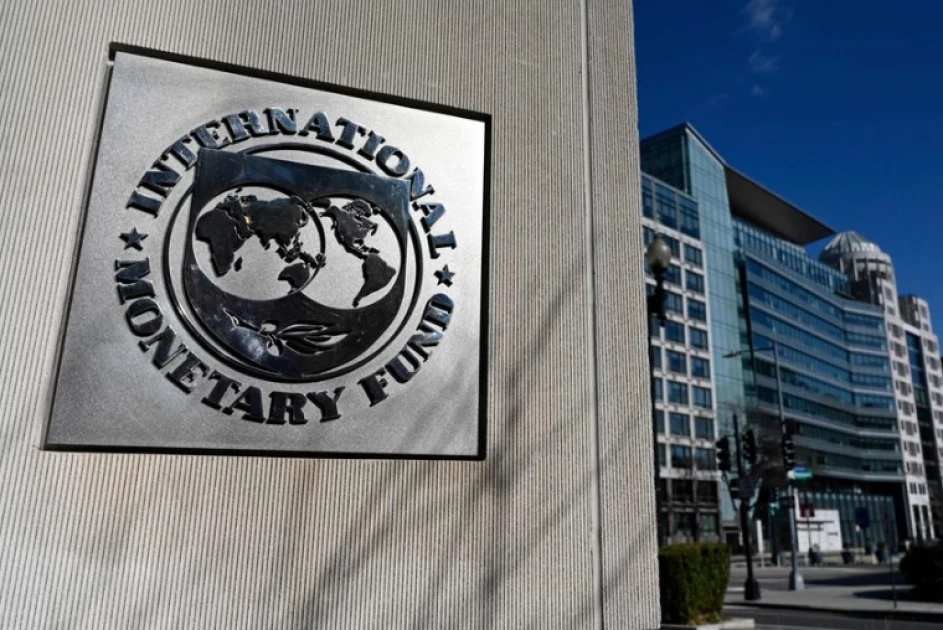World Bank, IMF become Kenya’s lifeline as commercial loans dry up


Audio By Vocalize
The
World Bank and the International Monetary Fund (IMF) have become Kenya’s key
credit lifeline as the availability of commercial loans dry up.
Tightening financial conditions
including rising interest rates have seen Kenya starved off external commercial
loans, pushing the country back to concessional funding sources.
For instance, Kenya was unable to
tap Ksh.124.3 billion last month from a Eurobond as authorities shunned higher
interest rates while the issuance of an estimated Ksh.118.2 billion ($1
billion) from a syndicated loan has also faced delays.
According to data from the
National Treasury, Kenya did not contract any commercial loans between January
and April this year, with the entire sum of Ksh.137.9 billion in new loans
contracted in the period representing credit lines from bilateral and
multilateral lenders.
During the same period, Kenya
contacted Ksh.88.7 billion
($750 million) from the World Bank Development Policy
Operations (DPO).
Moreover, Kenya expects
disbursements of Ksh.29
billion ($244 million) from the International Monetary Fund
(IMF) next week under what is a three-year loan backed program that began in
February last year.
IMF previously wired Kenya Ksh.30.5 billion
($258.1 million) in December last year under the fiscal support
program which will see a total of Ksh.276.6 billion ($2.34 billion) disbursed
by the end of 2025.
According to analysts at ICEA
Lion asset managers, Kenya could be forced to stay close to the multilateral
lender as the economy suffers the fallout of a trifecta of inflation, war and
rising interest rate which has spiked the cost of external borrowing.
As the scope for borrowing
commercially in international commercial and fixed income markets thin, ICEA
Lion CEO Einstein Kihanda says Kenya should deepen its access to concessional
lending to fill its external borrowing needs.
“Possibly, there is a need to
revisit our prior model in terms of looking for concessional loans from
multilateral partners as it has happened before,” he said.
Interest rates charged on the
concessional loans are usually comparatively cheaper to yields paid off
commercial loans.
Nevertheless, Mr Kihanda admits
loans from the World Bank IMF usually require long-term engagements and
discussions with the parties making disbursements from concessional lending
less timely.
“Of course it comes with significantly
more engagement with these partners in terms of economic policy,” he added.
At the same time, concessional
loans are attached to more stringent conditions relative to commercial loans.
Kenya will be under pressure to
meet its external financing framework for the new 2022-2023 financial year with
an estimated Ksh.105.6 billion worth of commercial loans planned out in the
year to June 2023.
Moreover Kenya could be forced to
take the expensive commercial loans over the longer-term as maturities on
issued commercial debts including a Eurobond redemption in 2024 edges closer.


Leave a Comment